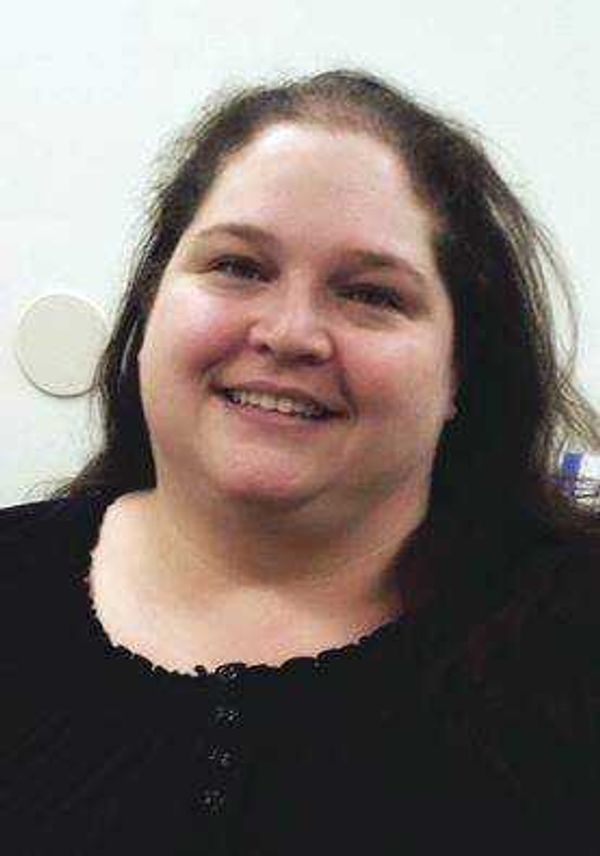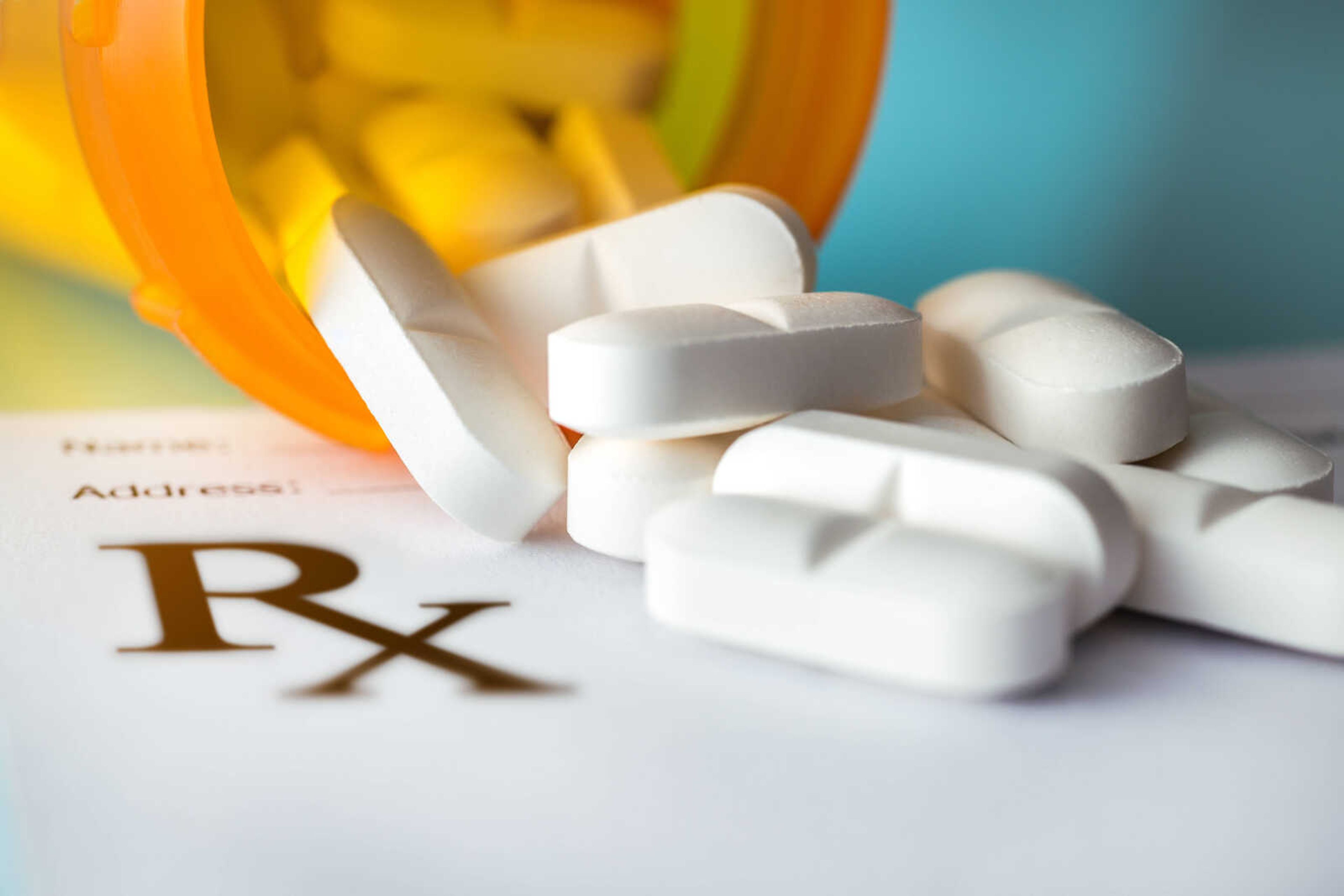Senior Addiction
At a recent staff meeting, we had a presentation entitled “Opiates in the Aging Population.” This was very eye-opening for many of us, and we learned quite a bit. It is hard for many people to think of a senior having addiction issues, but the truth is that addiction can happen at any age...
At a recent staff meeting, we had a presentation entitled “Opiates in the Aging Population.” This was very eye-opening for many of us, and we learned quite a bit. It is hard for many people to think of a senior having addiction issues, but the truth is that addiction can happen at any age.

Many times when we talk about seniors and prescription medication abuse, we are warning seniors to safely get rid of old medication and keep their medicine locked up, away from those who would take their medication. Now an emerging — or really an ongoing — problem is the abuse of prescription medication by seniors.
According to the Center for Disease Control and Prevention (CDC), in 2015, 2.7 million Americans over the age of 50 abused painkillers. This means they took the medicine for reasons not prescribed or that they took more than the prescribed amount. In the past two decades, the hospitalization rate due to opioid abuse has quintupled for those 65 and older. These numbers are growing.
Medicare has put some measures in place to help reduce opioid abuse; these protections are especially important if you see multiple doctors. Some of those measures include safety checks at the pharmacy before your prescription is filled. Medicare and prescription drug plans can also review prescriptions to make sure the medications are safe and the amount prescribed meets prescribing guidelines. New opioid prescriptions can be limited to a seven-day supply, and they can review if you have other medicines, such as benzodiazepines, that could interact negatively with your pain medicine. These checks alone will not end the opioid crisis, but hopefully they can help prevent new addictions to these medications.
Medicare can also help with treatment for addiction. Medicare Part A can cover inpatient care for a substance abuse issue if the care is at a Medicare-approved facility and has been determined to be reasonable and necessary. Medicare Part A can also cover medication needed for inpatient treatment. Outpatient treatment can be covered under Medicare Part B depending on who is providing the services; not all facilities or providers are covered by Medicare. Medicare prescription plans may cover some of the medicines used for treatment, but it does not cover all of them for treatment purposes. The Center for Medicare and Medicaid Services (CMS) is working at changes to address the opioid issue, but they are playing catch-up to an ever-widening problem.
Signs someone may be abusing an opiate include:
• Noticeable elation/euphoria
• Marked sedation/drowsiness
• Confusion
• Constricted pupils
• Slowed breathing
• Intermittent nodding off or loss of consciousness
• Constipation
• Slurred speech
• Lowered motivation
• Extra medication bottles
• Mood changes
• Sudden financial problems
We have to remember opioid and drug addiction is not a “them” problem; it is an “us” problem. It can affect someone of any economic level, race, religious background, education level and age. If you believe you or someone you love may have a problem with addiction, please do not hesitate to ask questions or seek help. The Substance Abuse and Mental Health Services Administration (SAMHSA) hotline is 1 (800) 662-4357, and help via this hotline is available 24 hours a day, seven days a week.
Connect with the Southeast Missourian Newsroom:
For corrections to this story or other insights for the editor, click here. To submit a letter to the editor, click here. To learn about the Southeast Missourian’s AI Policy, click here.










